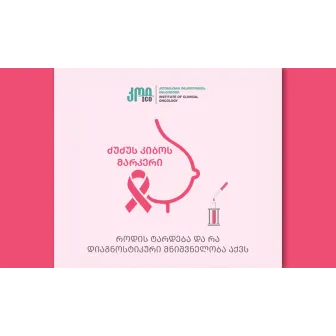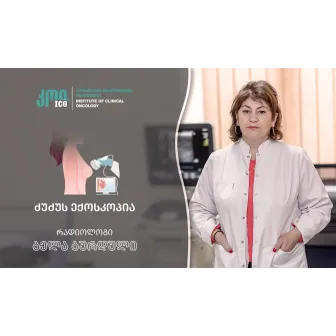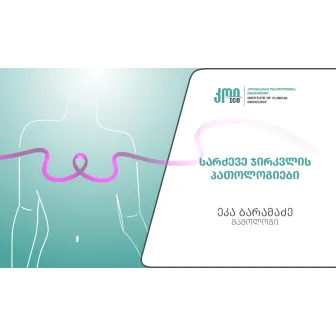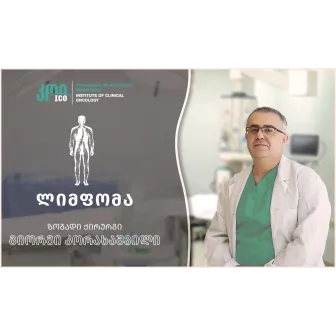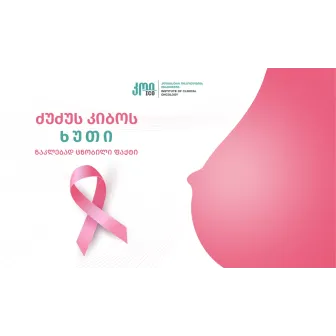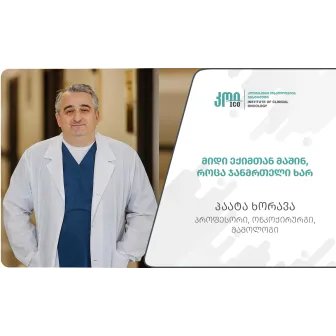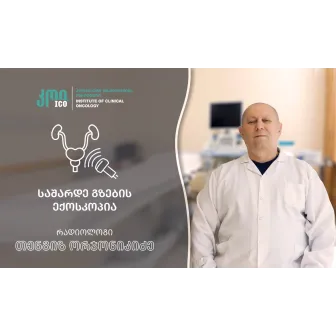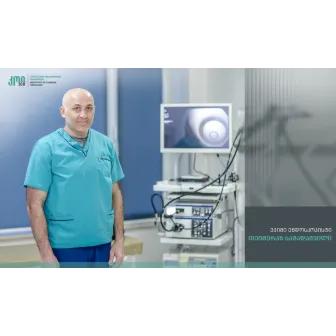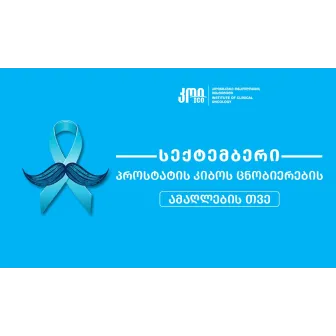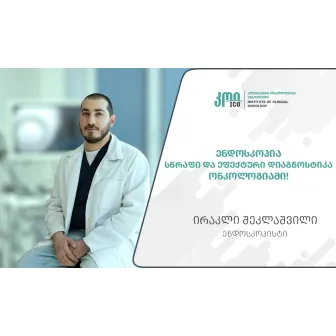April is declared Testicular Cancer Awareness Month, which aims to spread information about the disease, emphasize the importance of early diagnosis, and instill a culture of self-examination among men. Although testicular cancer is relatively rare, it is the most common cancer in men aged between 15-40 years.
What is testicular cancer?
Testicular cancer is a malignant cancer that develops in the testicles – male reproductive organs, responsible for the production of sperm and testosterone. Although this type of cancer is often successfully treated, early detection significantly improves treatment outcomes.
Some of the main risk factors associated with developing testicular cancer include:
- Age – most commonly occures in men aged between 15- 40 years.
- Criptochrism - a condition in which the testes do not descend normally into the scrotum at birth.
- Family history – If a family member has had testicular cancer, the risk increases.
- Gonadal development disorders - certain genetic diseases increase the chance of developing this cancer.
Symptoms to pay attention to:
The early stages of testicular cancer are mostly painless, but the most common signs are:
- Painless swelling or hardness in the scrotum
- A feeling of heaviness in the scrotum
- Pain or discomfort in the scrotum or groin
- Change in the size or shape of the testicle
- Unexplained pain or bloating in the abdomen
How to perform self- examination?
Self-examination is a simple procedure that the men should perform once a month. To do this:
1. After a shower or bath – warm water improves tissue elasticity and makes it easier to notice changes.
2. Finger palpation – gently palpate and examine the testicles with your fingers; you should not feel any painful lumps or masses.
3. Don't forget the difference – usually one of the testicles is slightly larger or lower, which is normal.
If you notice any changes, contact your doctor immediately.
Diagnosis and treatment:
If the doctor suspects testicular cancer, an ultrasound examination and a blood test should be performed to check for special tumor markers.
Treatment depends on the cancer stage and includes:
- Surgery - removing of demaged testicle.
- Chemotherapy - In advanced cases, drugs are used to destroy cancer cells.
- Radiation therapy - a less common method, often used in specific cases.
Treatment of testicular cancer is successful in more than 95% of cases, especially if it is detected at an early stage.
Testicular Cancer Awareness Month reminds us that men should be mindful of their health. Self-examination, timely diagnosis, and appropriate treatment significantly increase the chances of recovery.
- Views:1228





